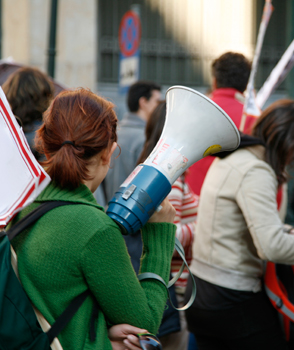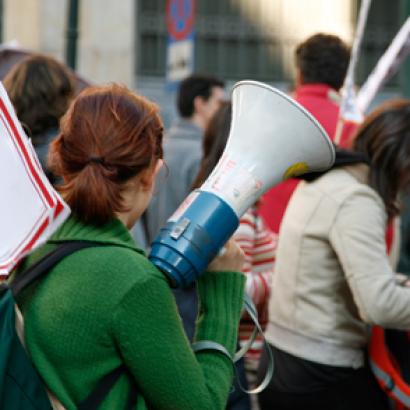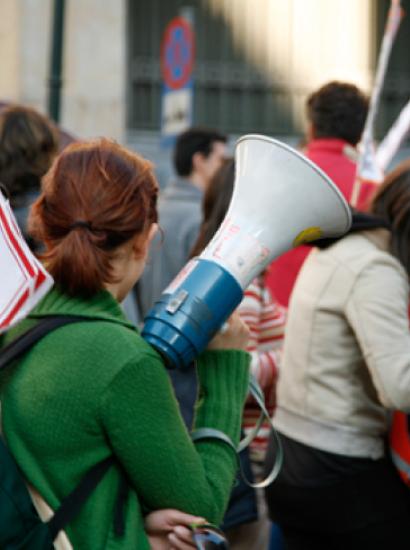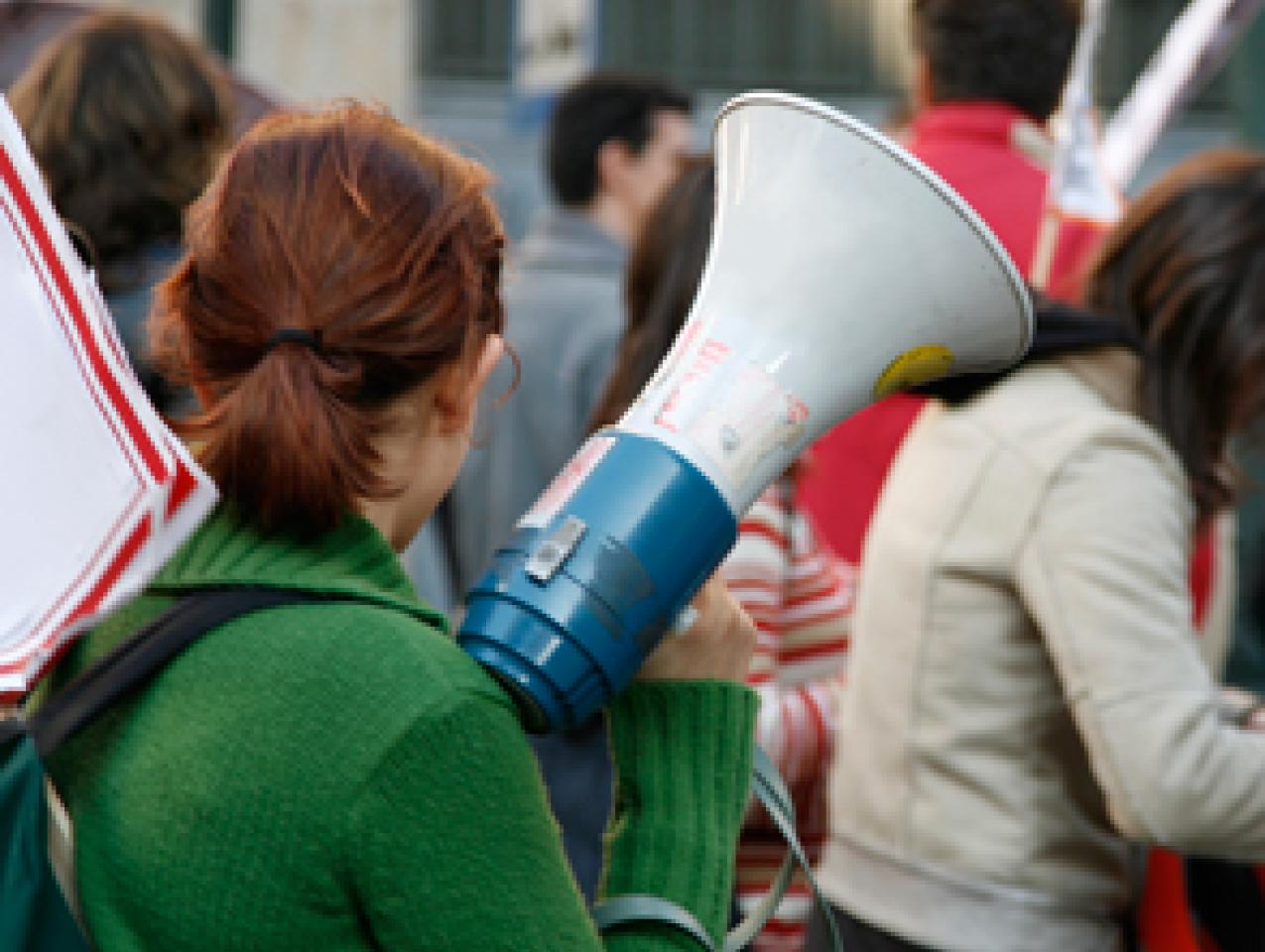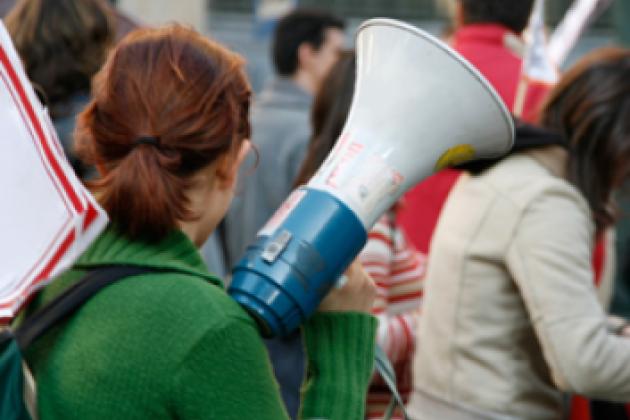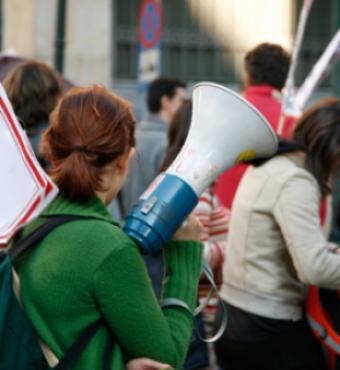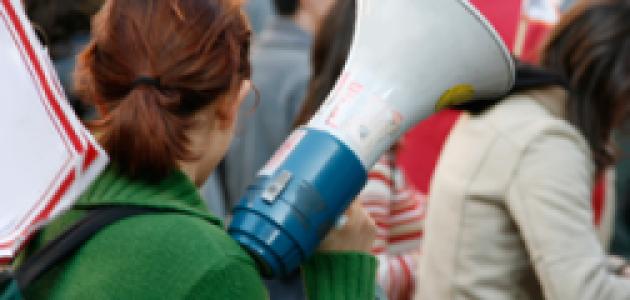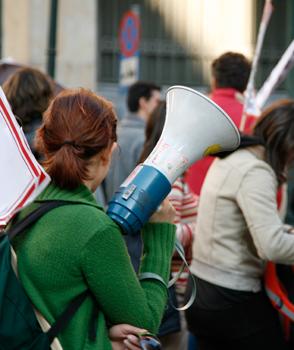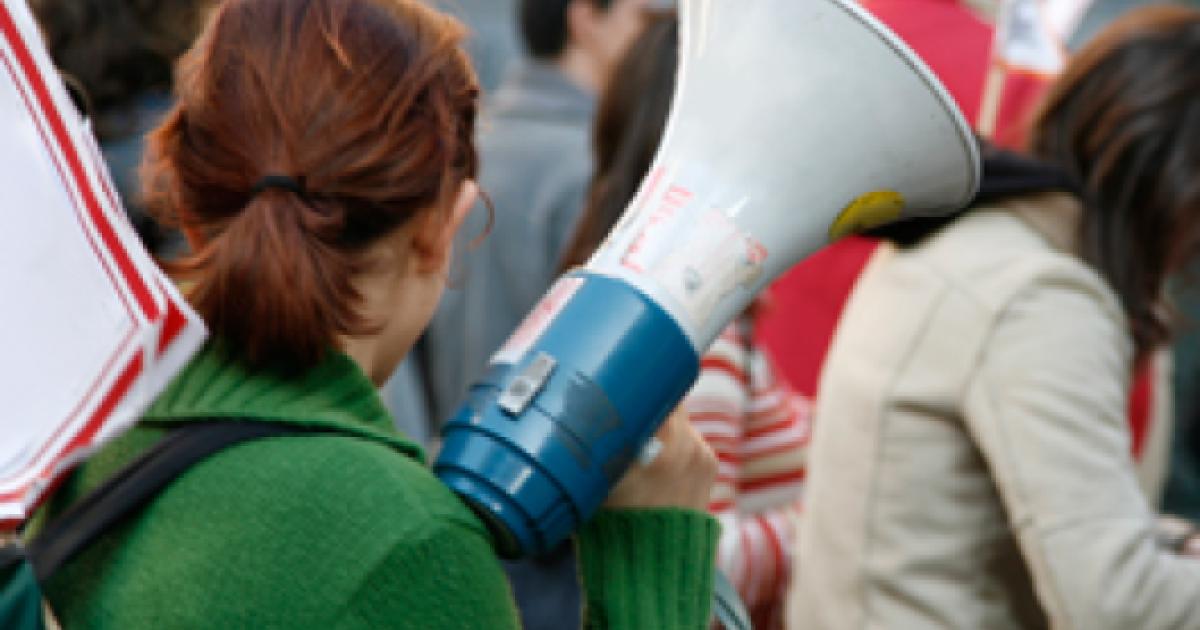Freedom of speech is widely acknowledged as vital in the abstract. Yet that principle presents serious problems in its concrete applications. The constitutional text that invokes this principle is both cryptic and emphatic when it says that “Congress shall make no law . . . abridging the freedom of speech, or of the press.” At the time of the founding, the First Amendment bound only the federal government. It was not held to bind the states until 1925 under Gitlow v. New York, when it was further determined that the amendment did not protect any speaker who advocated the overthrow of the United States government by force and violence. To this day, the First Amendment does not apply to any private institution, but without question most of these institutions have incorporated free-speech provisions in their own charter or governance provisions.
The difficulties start, however, with its interpretation in both public and private settings. Courts have resisted the tendency to engage in free-speech absolutism that makes no exceptions or excuses from the constitutional command. Such free-speech exceptionalism does not withstand the test of common sense. We all believe in the freedom of action, but that does not countenance actions such as theft, murder, or rape. And the freedom of speech surely does not protect any threats of the use of force. That simple libertarian observation requires some account of exceptions that should be grafted on to the basic principle of freedom of speech.
Attempts to find the right balance are constantly tested on college campuses, as shown by some recent incidents.
Thus, in September 2023, newly appointed Harvard President Claudine Gay and Harvard College Dean Rakesh Khurana welcomed Harvard’s freshman class to an opening ceremony, which was punctuated by this interruption:
“Dean Khurana, you talk about equity, you talk about justice, you talk about truth,” Asmer A. Safi shouted after Khurana’s address. “Here’s the real truth—Harvard supports, upholds, and invests in Israeli apartheid, and the oppression of Palestinians.”
Thereafter, a Harvard spokesman refused to address the incident, but contented himself with this generality: “Freedom of expression is essential to a liberal arts and sciences education.” There is no report that Harvard imposed any sanctions on Safi.
Shortly thereafter, at Washington College in Chesterton, Maryland, the distinguished Princeton political theorist Robert George was giving a speech on “The Truth-Seeking Mission of the University,” which was intended to warn against the “politicization of the academy.” In the middle of his speech, he was shouted down by a raucous group of students and others until he was forced to leave the stage for the first time in his thirty-eight-year career as a teacher and lecturer. One student leader of the protest, Noelle Punte, put her case in an e-mail against George succinctly: “I, along with many other LGBTQ people and allies on campus, feel very unsafe with this man on campus. If you value diversity and inclusion here at Washington College, I implore you to cancel this event.” The college president, Mike Sosulski, had previously written that canceling George’s speech “would not be consistent with the core values of liberal learning to which this institution is dedicated.” Again, there is no report of any sanctions imposed after the event.
Most recently, the Wolf Humanities Center at the University of Pennsylvania hosted the Palestine Writes Literature Festival for Palestinian writers, filmmakers, and artists in a controversial two-day conference that generated a fierce protest by Jewish groups who charged that it “provides a platform for individuals linked to US-designated Palestinian terrorist organizations like the Popular Front for the Liberation of Palestine (PFLP) and Hamas and individuals with histories of atrocious anti-Semitism.”
President Elizabeth Magill, Provost John L. Jackson Jr., and Dean of Arts and Sciences Steven J. Fluharty straddled the issue: They “emphatically condemned anti-Semitism as antithetical to our institutional values” while insisting that “we also fiercely support the free exchange of ideas as central to our educational mission.” They were in turn attacked from the left by faculty members who insisted that “many critics of Israeli occupation, and the oppression of Palestinian people and Arabs within Israel by the Israeli state, have been branded as anti-Semitic by Zionist organizations and individuals.” Before the event, some unidentified person entered Penn’s Hillel Center and trashed the facility while shouting anti-Semitic epithets, before being taken into custody. Palestine Writes condemned the attack. And there were no reported disruptions at the event.
What lessons should be learned from these incidents? The first is that the protection of freedom of speech is necessarily bound up with the protection of private property. Safi had no willingness to accept those rules; his outbursts at the Harvard event manifestly exceeded the terms of the license that he had to participate in the convocation. No entrant has the right to disrupt an event that is intended for the benefit of others. Nor is the content of his message relevant to his legal rights. But his condemnation of Israel and Harvard was not offset by any speech or actions by persons with an opposing viewpoint. Thus, if Harvard refuses to pursue the matter further, its conduct (in what has become a very left-wing university) slips into a form of content-based discrimination because it is all too easy to infer that parallel statements from the other side would not receive such favorable treatment.
Nor for these purposes does it matter that the statements in question, if false, are a form of defamation. Harvard does not have to sue just because it has (at least in the eyes of some) been defamed. Nor is the defamation against Israel best addressed by actions for defamation, which even if tenable are costly to litigate and uncertain in outcome. In practice, counterspeech is the preferred remedy. But the absence of university sanctions against student and faculty offenders constitutes an open invitation for further incursions, which helps explain why the Foundation for Individual Rights and Expression (FIRE) free-speech ranking gave Harvard the only “abysmal” rating bestowed this year. Why? Because Harvard creates a culture of fear that prevents serious discussion of controversial issues like “abortion, gun control, racial inequality, and transgender rights.”
The incident at Washington College is yet more disturbing in light of the purported justifications put forward for the disruption. It is insufficient for students to claim that they feel “unsafe” when conservative speakers are on campus in the absence of any evidence that they face the imminent use of force or violence. To let that self-indulgent justification win means that hypersensitive or politically motivated students of any persuasion may use a “heckler’s veto” to prevent any speaker from coming on campus, or indeed from using any public square.
It is of course not the case that only “clear and present dangers” can justify the suppression of speech. But all the exceptions relate to potential high-risk threats (e.g., the overthrow of the government), not to political views that some claim to be offensive because of the identity of the speaker—at which point every indignant person could claim a veto right on speech by getting even angrier.
And any claim that cancellation is justified by “diversity” shows just how pliable this concept has become: only welcomed messages to preferred groups should be tolerated. Anything else can be repressed. Heavy sanctions are needed against people who act out such speech-suppressing beliefs.
The Penn situation presents the greatest difficulty. Here, the two sides offer fundamentally different accounts of the troubled state of affairs between the Israelis and Palestinians. For dealing with free-speech issues, the Penn administration took the uneasy but correct position of refusing to take sides on the merits. No administration can be a neutral enforcer of First Amendment values by taking sides on the substantive political issues. Official neutrality does not prevent any aggrieved group from strongly denouncing the administration for either allowing or cancelling the event. But it is one thing to ask for official endorsements, and quite another to disrupt an event if the central administration does not yield to its demands. Notwithstanding their deep antipathy to the positions of many of the speakers, these students are not entitled to take unilateral action to shut the event down, any more than Palestinian speakers are entitled to shout down participants at Hillel events.
Nor must the protesters on either side stand idly by while these controversial events take place. It is permissible to parade outside the event, so long as protesters do not block entry and exit, and so long as they do not make noise sufficient to disrupt the proceedings. And they can express their dissatisfaction with Penn in other ways. They can refuse to contribute one dime more to either the Wolf Center or to the university. They can urge others to do the same. Or they can make restricted gifts to either Jewish or Palestinian groups. These economic weapons often exact a toll on the actor and the target alike, but so long as they stay away from force, the threat of force, or a heckler’s veto to shout down rival speakers, their activities should be allowed to go forward.
It should be apparent that there is much value in carrying over the First Amendment principles that bind the government to universities, which is why academics should read the Kalven Report and its updates; these guidelines for freedom of expression known as the Chicago Principles should chart the basic path. But these attempts will fall apart if universities do not impose proportionate sanctions on those who knowingly flout the rules.







